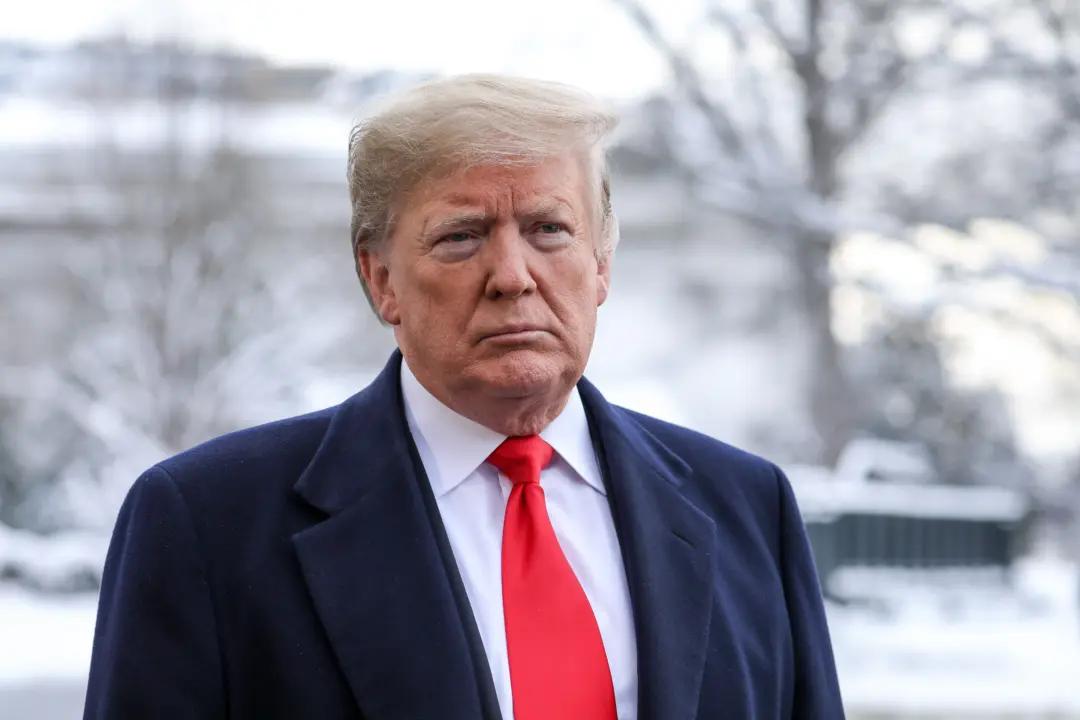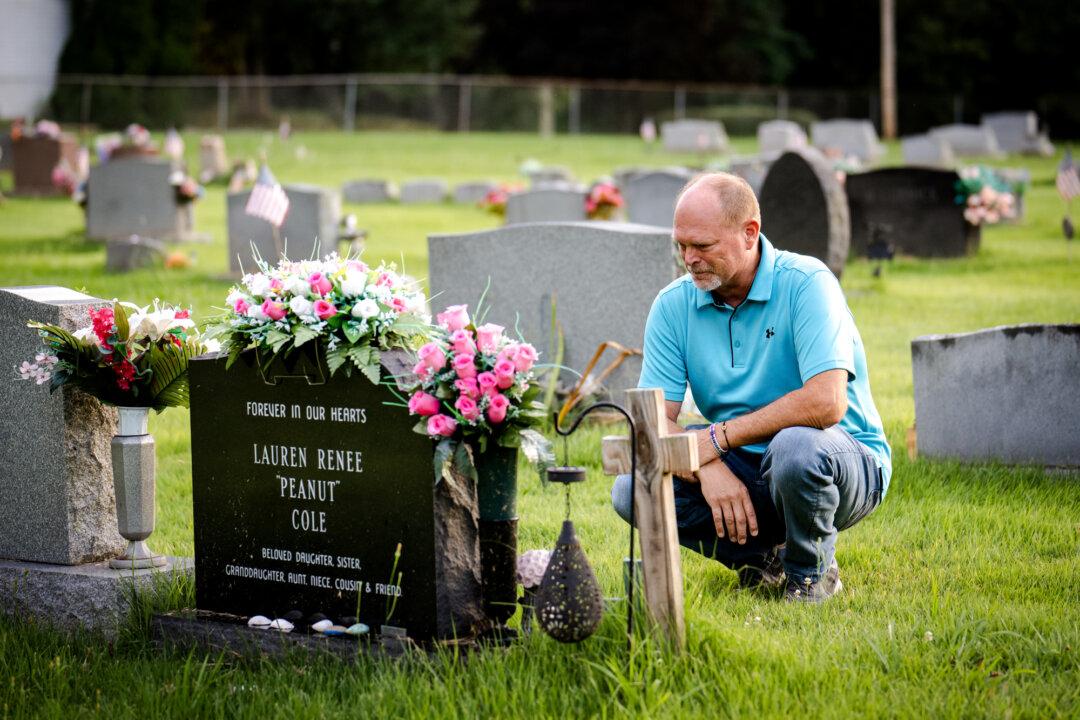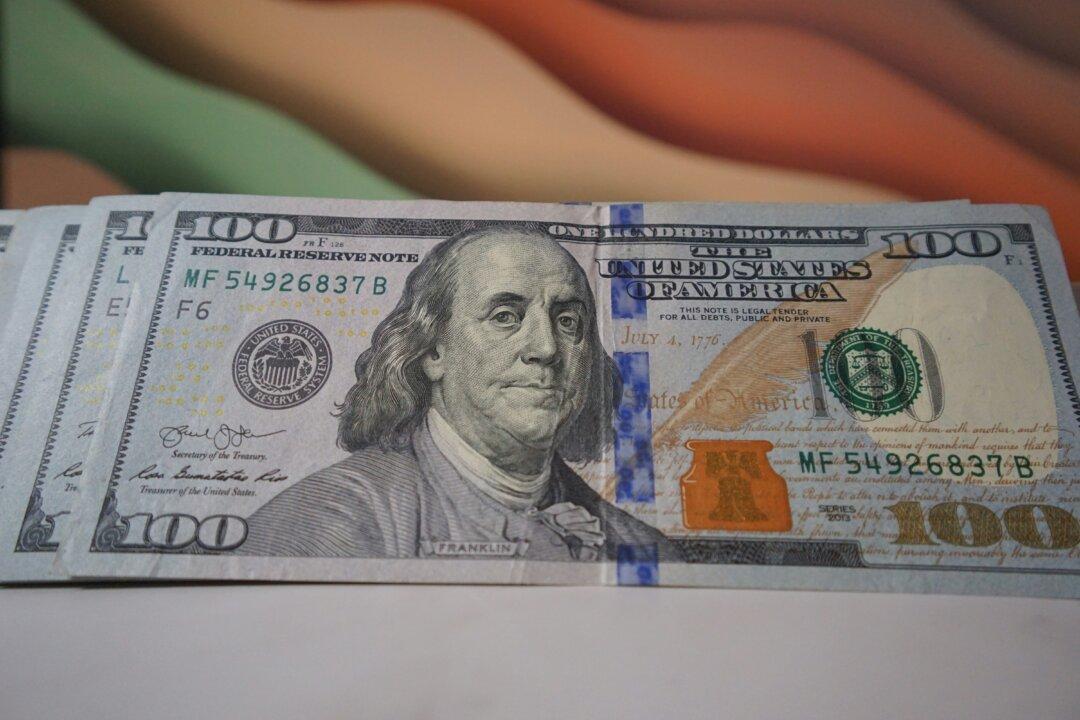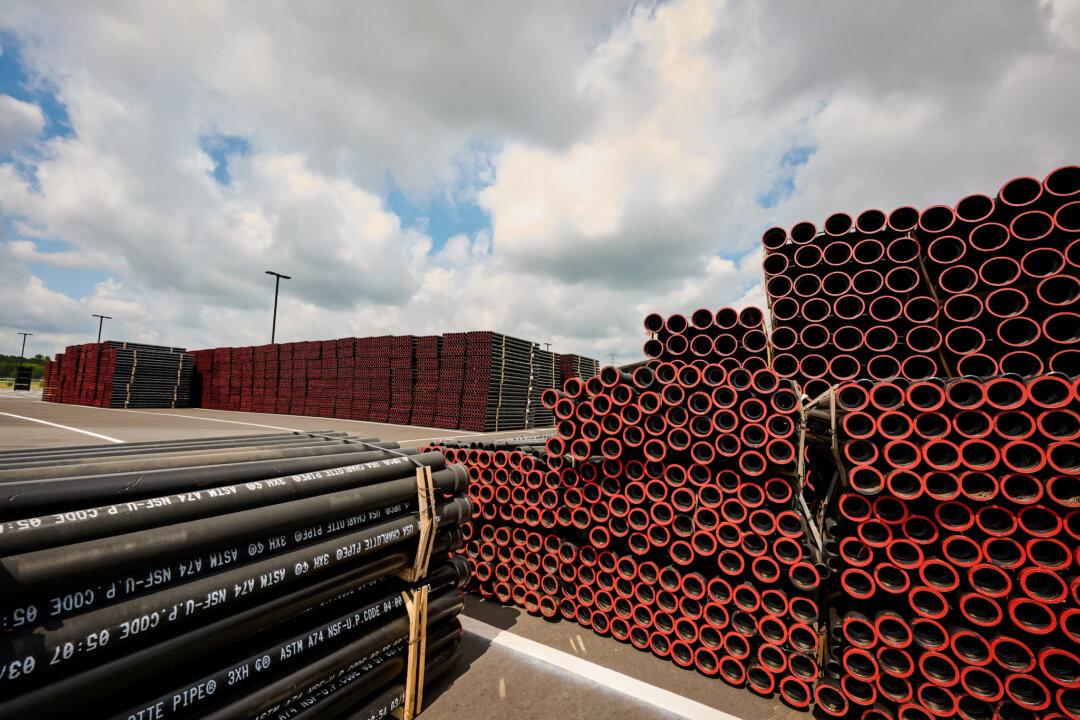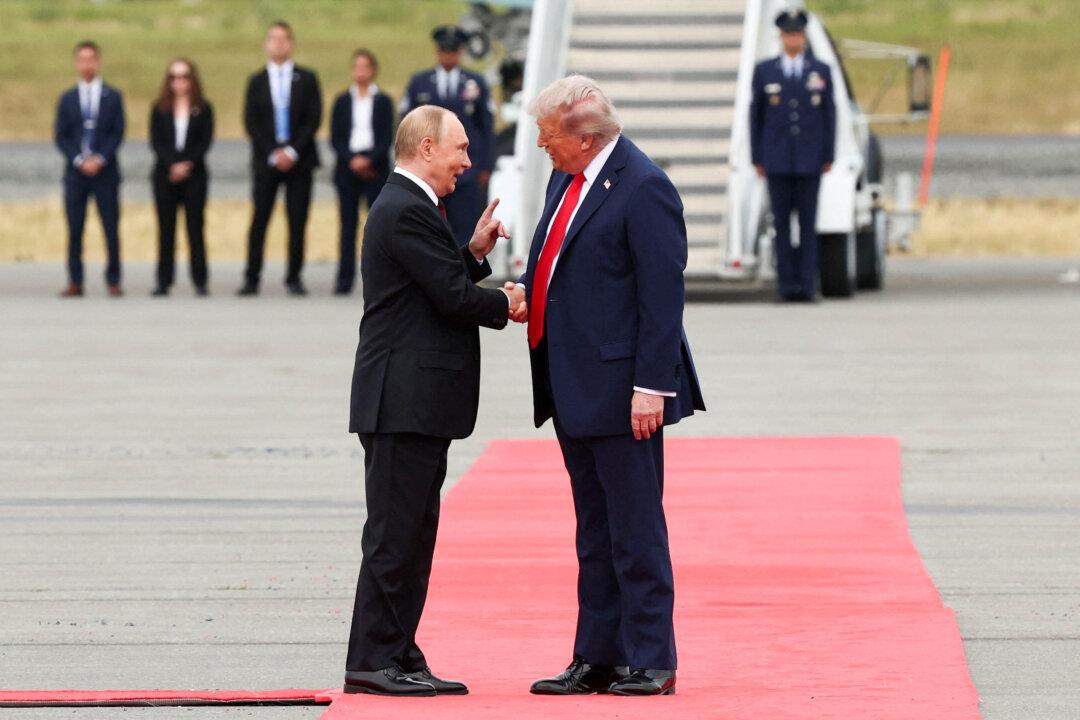The first of four criminal trials involving former President Donald Trump is scheduled to start on Monday as New York prosecutors have accused him of falsifying business records related to a hush money payment to adult actress Stormy Daniels in the lead-up to the 2016 presidential election.
Manhattan District Attorney Alvin Bragg brought the 34-count indictment roughly a year before the trial, charging Trump with felony counts of falsifying records “to conceal criminal activity, including attempts to violate state and federal election laws.”
